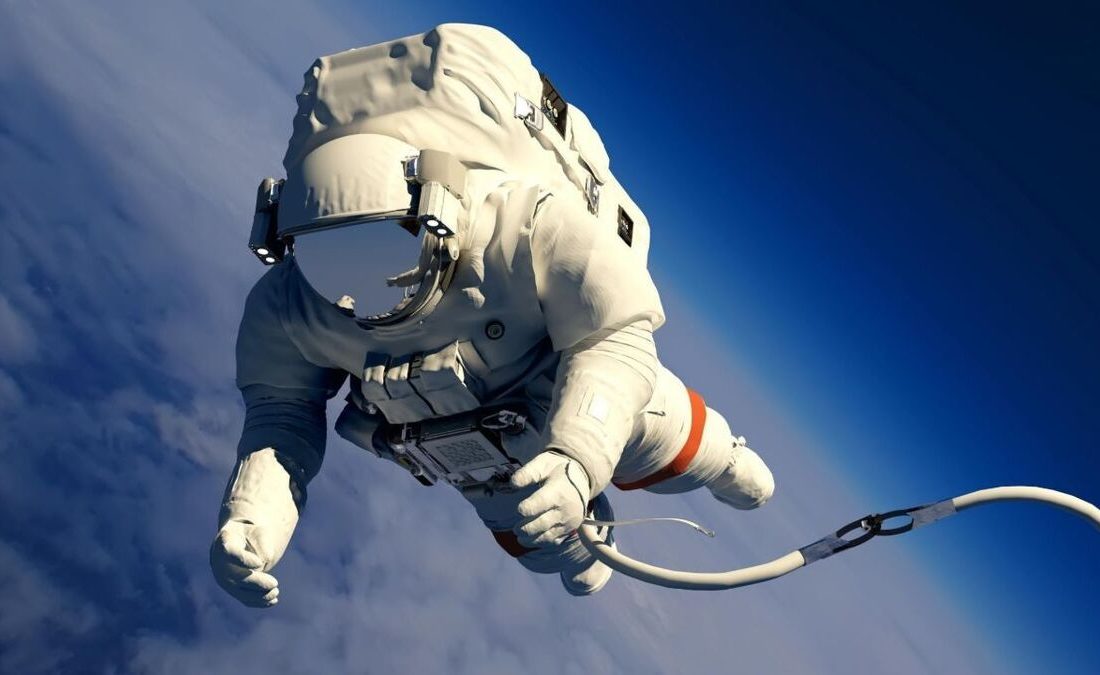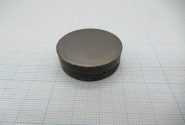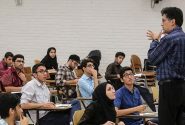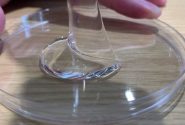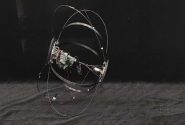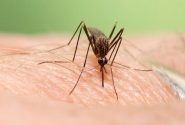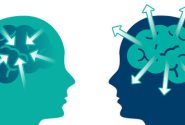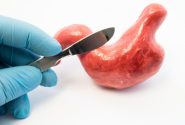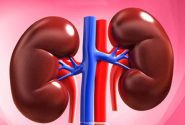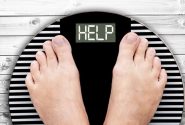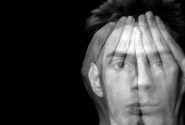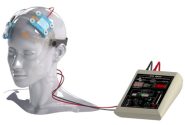به گزارش پایگاه خبری تحلیلی تسریر، به نقل از هلث دی نیوز، بر اساس تحقیقات جدید منتشر شده در ۱۳ مارس در ژورنال Neurology، این سردردها یک عارضه جانبی جاذبه صفر است، این سردردها با بیماری حرکت شروع می شود، زیرا فضانوردان با پروازهای فضایی طولانی مدت سازگار می شوند.
محقق Willebrordus P.J. van Oosterhout از مرکز پزشکی دانشگاه لیدن در هلند گفت: «تغییرات گرانش ناشی از پرواز فضایی بر عملکرد بسیاری از قسمتهای بدن از جمله مغز تأثیر میگذارد. «سیستم دهلیزی که بر تعادل و وضعیت بدن تأثیر میگذارد، باید با تضاد بین سیگنالهایی که انتظار دریافت آن را دارد و سیگنالهای واقعی که در غیاب گرانش طبیعی دریافت میکند، سازگار شود.»
تیم او ۲۴ فضانورد از ایالات متحده، ژاپن و اروپا را که بین سال های ۲۰۱۱ تا ۲۰۱۸ در ایستگاه فضایی بین المللی مستقر شده بودند، مورد مطالعه قرار دادند. فضانوردان در مجموع ۳۵۹۶ روز را در فضا گذراندند.
قبل از مطالعه، هیچیک سابقه سردردهای مکرر را گزارش نکردند یا هرگز میگرن نداشتند، اگرچه سه نفر گفتند که در سال قبل سردرد داشتهاند که با فعالیتهای روزانهشان تداخل داشته است.
۹ فضانورد گفتند که هرگز سردرد نداشته اند. هر کدام یک پرسشنامه سابقه سردرد قبل از اعزام به فضا، یک پرسشنامه روزانه برای هفته اول ماموریت خود و پرسشنامه های هفتگی پس از آن را تکمیل کردند.
آنها در مجموع ۳۷۸ سردرد در پرواز را گزارش کردند. نود و دو درصد در طول مأموریت خود سردرد داشتند، در حالی که قبلاً ۳۸ درصد بود. اکثریت قریب به اتفاق – ۹۰٪ – سردردهای استرسی از نوع تنشی بودند.
محققان دریافتند سردردهای شدیدتر و علائم شبیه میگرن در هفته اول در فضا شایع تر بود. در آن دوره، ۲۱ فضانورد یک سردرد یا بیشتر داشتند – در کل ۵۱ نفر. از این تعداد، ۳۹ مورد سردرد تنشی و ۱۲ مورد میگرن شبیه میگرن یا میگرن احتمالی بودند. زمانی که فضانوردان به زمین بازگشتند، خبرهای بهتری وجود داشت. در سه ماه پس از بازگشت آنها از فضا، هیچ کدام سردردی را گزارش نکردند.
ون اوسترهوت در یک نشریه خبری گفت: “تحقیقات بیشتری برای کشف دلایل اصلی سردرد فضایی و کشف این که چگونه چنین اکتشافاتی ممکن است بینشی در مورد سردردهای روی زمین ارائه دهد، مورد نیاز است.”
این مطالعه ثابت نمی کند که سفر فضایی باعث سردرد می شود، فقط یک ارتباط وجود دارد. به گفته ون اوسترهوت، در هر صورت، درمانهای مؤثری برای مقابله با سردردهای فضایی مورد نیاز است، زیرا این سردرد برای بسیاری از فضانوردان مشکل ساز است.
Astronauts who have never had headaches may develop migraines and other tension-type headaches for the first time when they go into space.
A side effect of zero gravity, these headaches start with motion sickness as astronauts adapt to long-haul space flight, according to new research published March 13 in the journal Neurology.
“Changes in gravity caused by space flight affect the function of many parts of the body, including the brain,” said researcher Willebrordus P.J. van Oosterhout, of Leiden University Medical Center in The Netherlands. “The vestibular system, which affects balance and posture, has to adapt to the conflict between the signals it is expecting to receive and the actual signals it receives in the absence of normal gravity.”
His team studied 24 astronauts from the United States, Japan and Europe who were deployed to the International Space Station between 2011 and 2018. The astronauts spent a combined total of of 3,596 days in space.
Before the study, none reported a history of recurrent headaches or had ever had a migraine, though three said they had had a headache in the previous year that interfered with their daily activities.
Nine astronauts said they had never had an headache.
Each completed a headache history questionnaire before their space deployment, a daily questionnaire for the first week of their mission and weekly questionnaires after that.
In all, they reported 378 headaches in flight.
Ninety-two percent had headaches during their mission, compared to 38% before. The vast majority — ۹۰% — were tension-type stress headaches; the rest were migraines.
More intense headaches and migraine-like symptoms were more common during the first week in space, researchers found. During that period, 21 astronauts had one headache or more — ۵۱ in all. Of those, 39 were tension-type headaches and 12 were migraine-like or probable migraines.
There was better news when the astronauts returned to Earth. In the three months after they came back from space, none reported headaches.
“Further research is needed to unravel the underlying causes of space headache and explore how such discoveries may provide insights into headaches occurring on Earth,” van Oosterhout said in a journal news release.
The study doesn’t prove that space travel causes headache, only that there’s a link.
In any case, van Oosterhout said, effective therapies to combat space headaches are needed since they are a problem for many astronauts.
تسریر مراقب سلامتی شماست!

